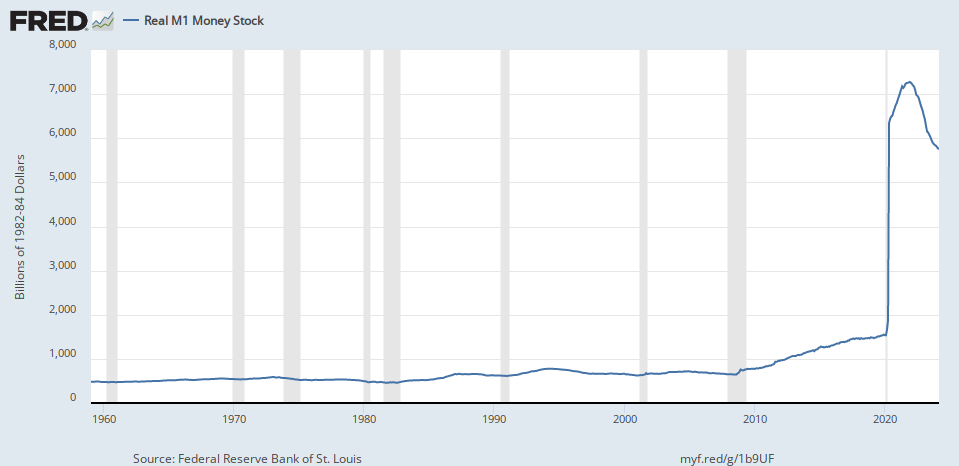Printing too much money and dumping it into the economy will cause inflation.
Borrowing too much money and dumping it into the economy will cause inflation.
The source of that money is irrelevant.
What part of that confuses you?
Printing too much money and dumping it into the economy will cause inflation.
Exactly. If I print $10 trillion dollars, I'll cause prices to rise.
$10 trillion more dollars chasing the same amount of goods causes prices to rise.
Borrowing too much money and dumping it into the economy will cause inflation.
How? I borrowed your $10 trillion. Now I can spend it and you can't.
Same number of dollars chasing the same amount of goods.
The source of that money is irrelevant.
That's funny. And stupid.
What part of that confuses you?
None of your idiocy confuses me, it amuses me.

